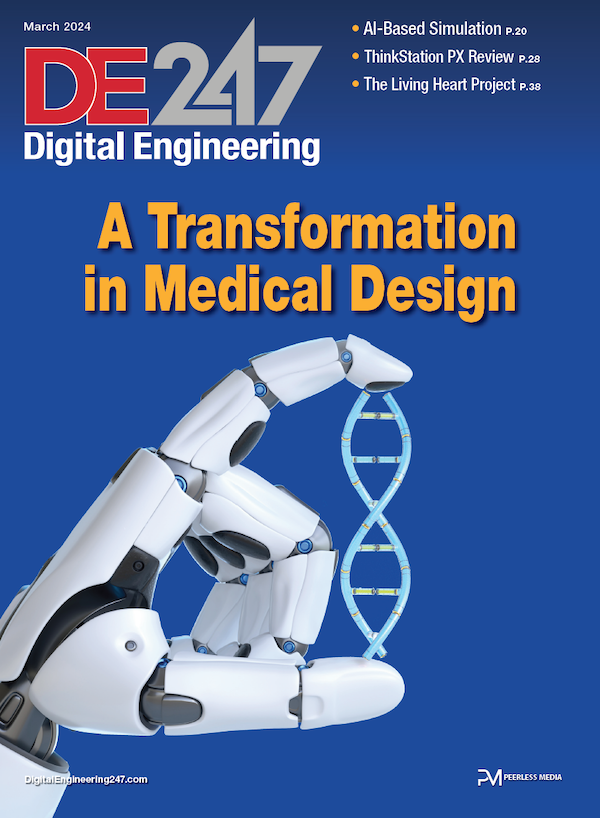Advantest, NXP, ASU Collaborate to Launch Engineering Curriculum
Course focused on mixed-signal and radio frequency test.

A V93000 SoC test system was provided by Advantest and installed at ASU Research Park in Tempe to be used in the course. Image courtesy of Advantest.
Latest News
June 23, 2023
Semiconductor test equipment supplier Advantest Corp. and Arizona State University (ASU) are collaborating with global semiconductor company NXP Semiconductors to create a new, test engineering course at ASU. Titled “EEE 522 Radio Frequency Test,” the course content was originally developed by faculty in the Ira A. Fulton Schools of Engineering at ASU and, through this collaboration, was enhanced with laboratory experiments designed by Advantest and administered jointly by Advantest and NXP in the 2023 spring semester. The course will be offered each year.
The need for the course was first recognized in mid-2022 by colleagues at Advantest and NXP. First, wafer-fab construction in Arizona (already home to numerous advanced chipmaking plants) would soon heighten demand for test engineers. Second, local university engineering programs did not offer classes specifically aimed at training and preparing engineers to enter the semiconductor test industry. Advantest and NXP, both of which have multiple locations in Arizona, then approached ASU about implementing such a class.
“This course is a great example of what can happen when there’s true collaboration between industry and academia,” says Raghu Maddali, senior director—test engineering, with NXP and one of the course’s original developers, who worked together with Paul Hirsch, senior global account manager with Advantest. “It came to fruition in a relatively short time, thanks to the dedication and commitment of all involved.”
In addition to conceiving and developing the necessary labs, the two companies contributed resources to ensure its success. Advantest provided a V93000 SoC test system, installing it at ASU Research Park in Tempe, with experts from NXP’s and Advantest’s engineering teams donating time to serve as lab supervisors, helping students conduct lab experiments designed to reinforce classroom concepts and, in the process, gain familiarity with an ATE platform.
Course professor Sule Ozev, Ph.D., who has taught at ASU for 15 years, notes, “I thoroughly enjoyed the challenge of building the curriculum for this new course from scratch, with the assistance of Advantest’s application engineering team. It’s exciting to be part of a program that will provide the semiconductor industry with a new generation of much-needed test engineers.”
Offered through the School of Electrical, Computer and Energy Engineering (ECEE), part of the Fulton Schools of Engineering at ASU, the RF test course covers current production test schemes for mixed-signal and RF circuits, the economics of production testing and recent research techniques in reducing production test costs. Students learn to define test conditions and test flows, write and optimize test programs, interpret measurement data, identify potential manufacturing problems and automate the test process.
“What started with an idea shared between two colleagues quickly blossomed into a tangible means of providing real-world training that will help prepare students for high-demand positions while further supporting our industry and Arizona’s economy,” adds Advantest’s Hirsch.
With multiple locations in Arizona, Advantest and NXP report they are invested in the region and will continue providing support for the course, as well as for new courses that may be added to the program in the future.
Sources: Press materials received from the company and additional information gleaned from the company’s website.
Subscribe to our FREE magazine, FREE email newsletters or both!
Latest News
About the Author
DE’s editors contribute news and new product announcements to Digital Engineering.
Press releases may be sent to them via [email protected].






